Hidden treasures
Updated: 2015-05-23 06:59
By Wang Kaihao In Longshan County, Hunan Province(China Daily)
|
||||||||
 |
|
Ancient town of Liye remains away from urban disturbance.[Photo by Wang Kaihao/China Daily] |
It's a part of the country usually overrun with tourists, but Wang Kaihao discovers a quiet corner of Longshan county and is quite taken with its many charms
After sunset, the ancient town of the Tujia ethnic group falls into complete darkness and total quiet.
No entry tickets, no flocks of tourists. Unusually, Liye has no karaoke venues, bars or nightclubs - all ubiquitous in ancient towns throughout China.
Most people visiting Xiangxi (an area in the west of Hunan province) swarm to Fenghuang, a nearby old town famous for being the birthplace of Chinese writer Shen Congwen. But we are lucky enough to have a different and more intimate experience of traveling in Longshan county.
After being woken by the twitter of birds and crowing of roosters, we begin our day in Liye jogging beside the picturesque Youshui River. The clean air is a surprising luxury for those of us used to checking the pollution report before participating in any outdoor sports.
Like other rural places throughout China, many locals from Liye leave the town to look for jobs in big cities. Life in the town remains relaxed. Older people gather to chat or play cards under the eaves. Some carry babies in baskets and hurry to nearby markets. We are outsiders threading the well-preserved old streets surrounded by rocky walls and traditional two-story wooden houses.
Most of the houses were shops in the old days. The upper floors were used for storage. Though they are far removed from the hustle and bustle, the houses hint at the prosperous past of Liye, which was once the most important trading port in the west of Hunan.
Different architectural styles in southern China can be found: from Anhui, Jiangxi, and Sichuan provinces. There is even a Western style villa in the complex. It is rumored to be the property of a merchant who has a major business in Shanghai. The closed doors leave much room for imagination.
Liye means "to explore" in Tujia language.
- Egrets in Longshan scenic spot in North China's Hebei
- Picturesque spring scenery in Bomi county in Tibet
- Yushan: Small Chinese county hosts international billiards event
- Spring turns thermometer back to winter in Hunan
- Vibrant heritage of Hunan crafts
- National Folk Arts and Crafts Exhibition held in Hunan
- Building collapse in Guizhou caused by landslide: govt
- Xi welcomes Japan delegation but warns against historical distortion
- Chinese Vice-Premier stresses flood control
- China to draft more social work standards to improve service
- Hospital fee adjustments won't raise medical bills
- Newspaper tells staff to start own business
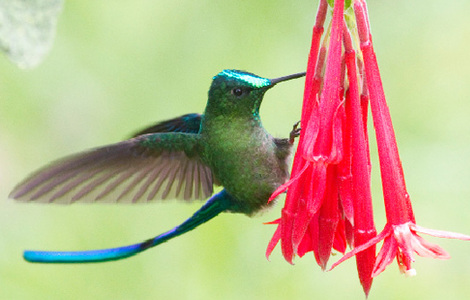
 Colombia: A birdwatcher's paradise
Colombia: A birdwatcher's paradise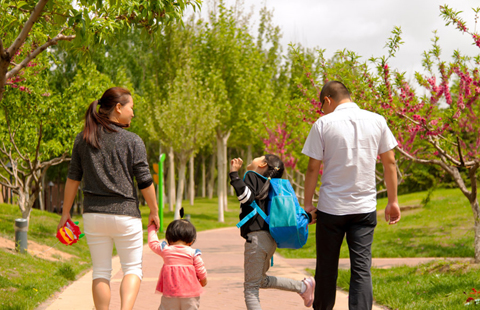
 Journey of a migrant girl from village to ad world
Journey of a migrant girl from village to ad world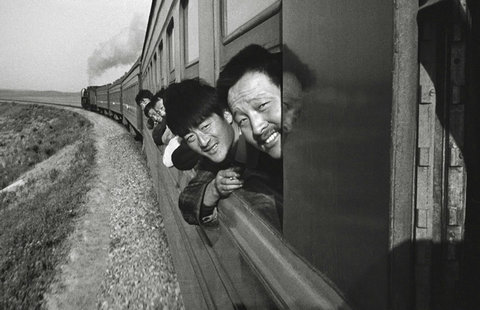
 Photographer captures Chinese on the train
Photographer captures Chinese on the train
 Hou Hsiao-Hsien's The Assassin premieres in Cannes
Hou Hsiao-Hsien's The Assassin premieres in Cannes
 Top 10 highest-paid white-collar jobs in China
Top 10 highest-paid white-collar jobs in China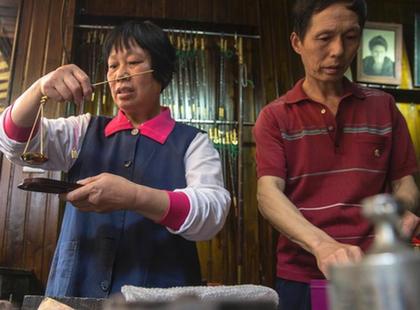
 The dying craft of balance scales
The dying craft of balance scales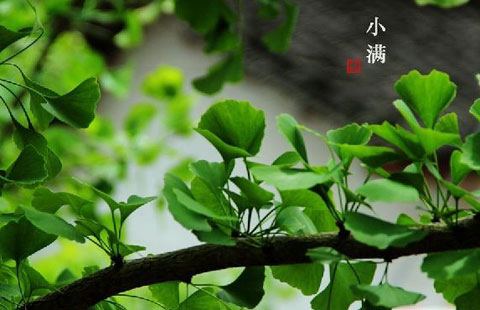
 Culture Insider: Six things you may not know about Grain Buds
Culture Insider: Six things you may not know about Grain Buds
 Premier Li rides on new China-made train in Rio de Janeiro
Premier Li rides on new China-made train in Rio de Janeiro
Most Viewed
Editor's Picks

|

|

|

|

|

|
Today's Top News
China, Peru agree on feasibility study on transoceanic railway
China manufactures first
car for US market
Wisconsin hopes to make cheeseheads in China
China, Peru to diversify trade focus
Li: 'Great potential' for Sino-Colombian ties
Green-tea flavored coffee: a simile for cultural ties
Beijing responds to surveillance by US plane
Beijing sets out its rights after reports of incursion
US Weekly

|

|






